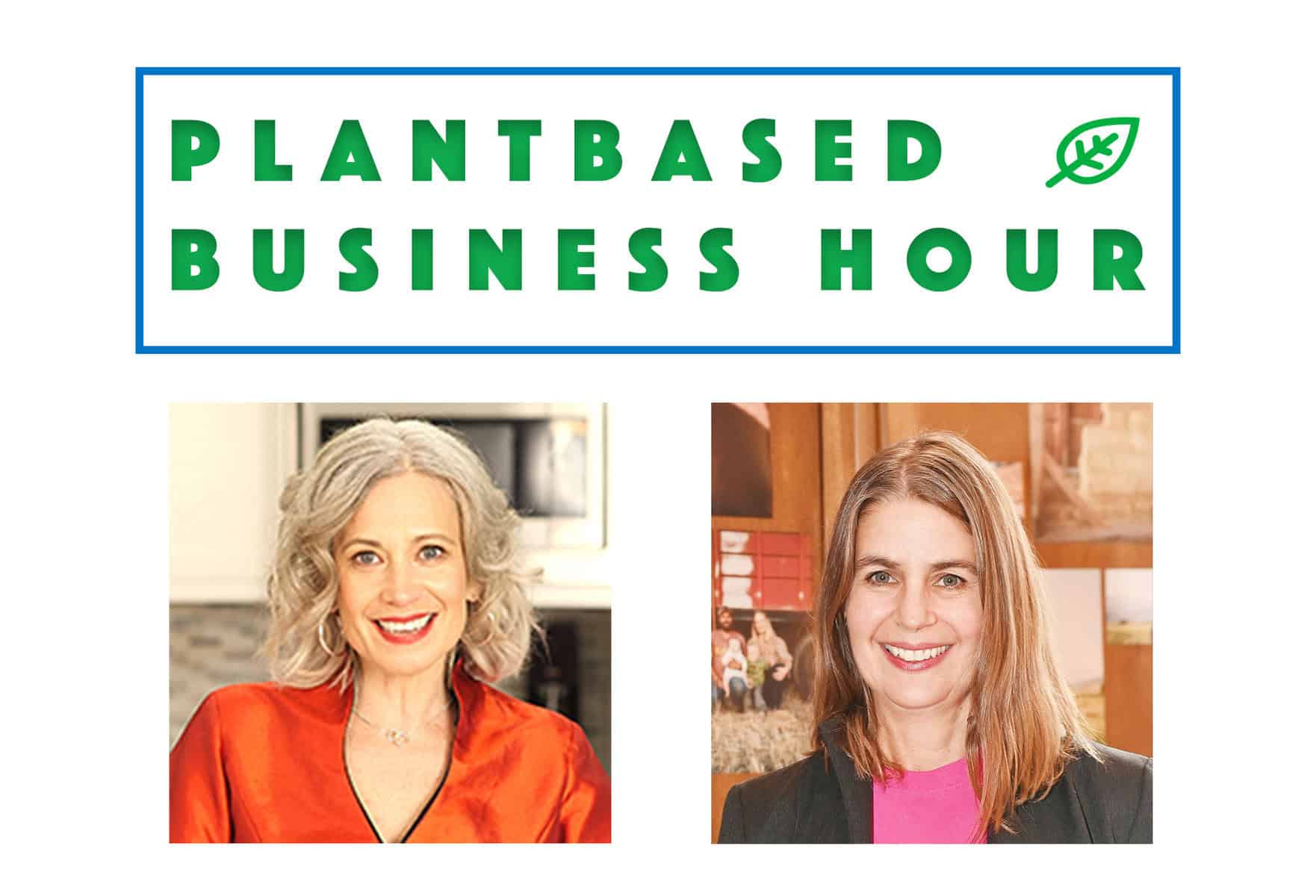What’s Next for Oatly: Sustainability Leadership and Targets for 2030 with Julie Kunen
Many investors in the public markets closely track companies reshaping the food system with innovative, sustainable solutions. Among these, Oatly stands out for merging scientific rigor with accessible consumer branding, and for setting bold sustainability targets as it scales globally. A recent episode of the Plantbased Business Hour, hosted by Elysabeth Alfano, featured Julie Kunen, the Co-Lead of Global Sustainability for Oatly, and explored what’s next for the company and how its sustainability efforts are evolving. Leading with climate transparency Oatly has always been recognized for its quirky, consumer-centric branding, but as Julie Kunen emphasized, the company’s DNA has long included a commitment to rigorous science. A prime example is Oatly’s decision to place carbon footprint labels directly on product packaging. Kunen noted that the …





















